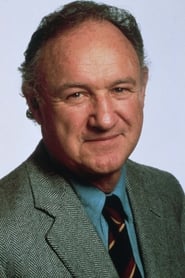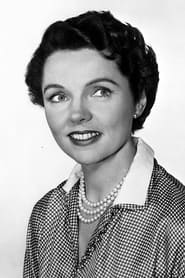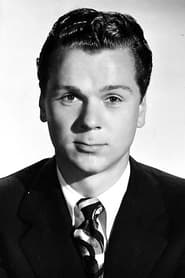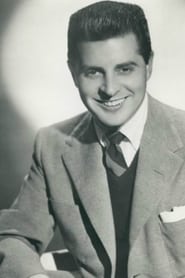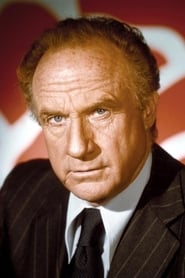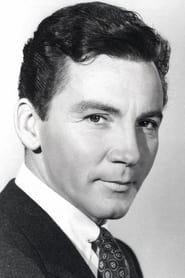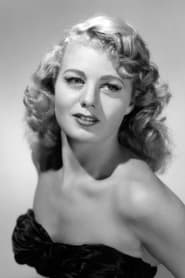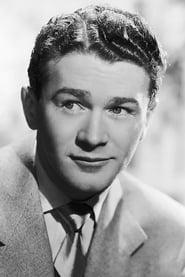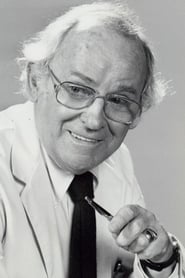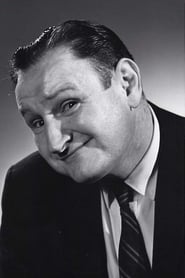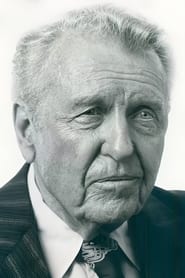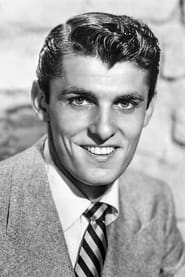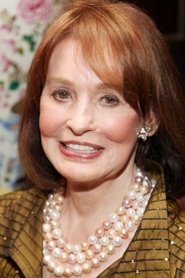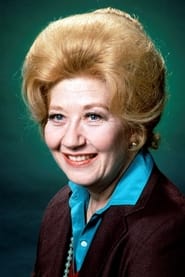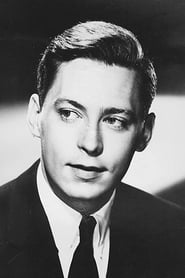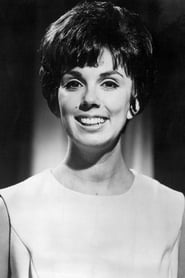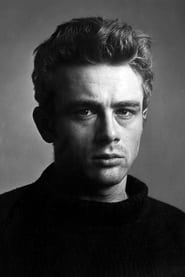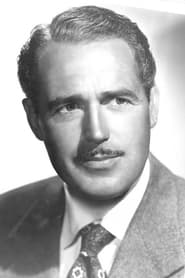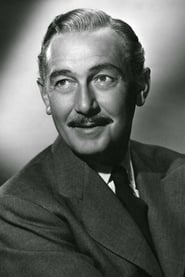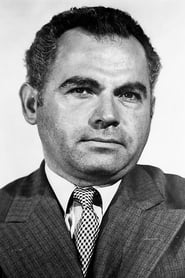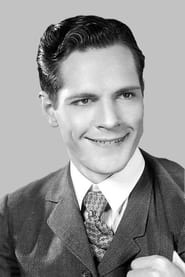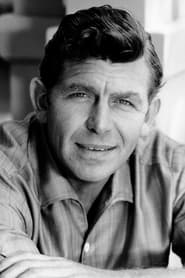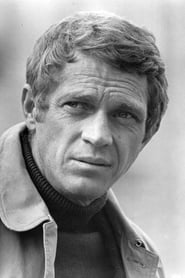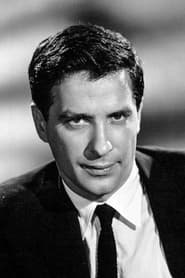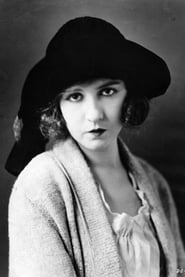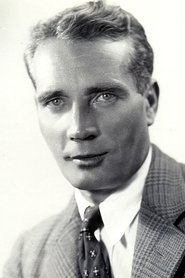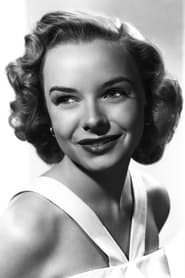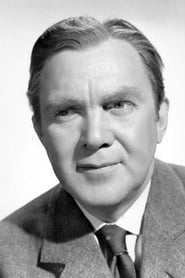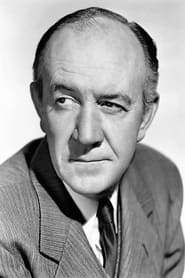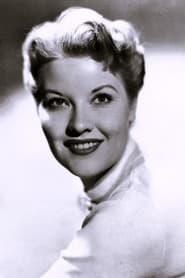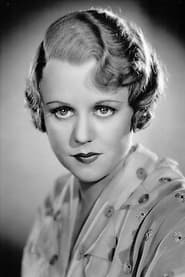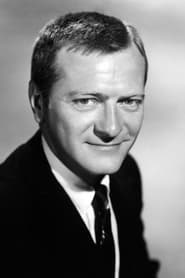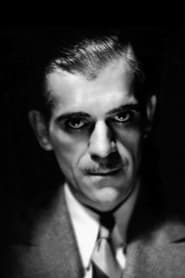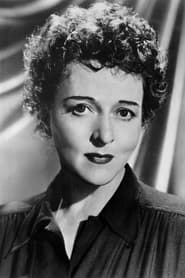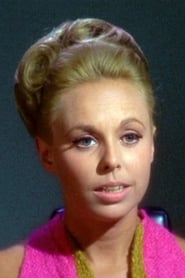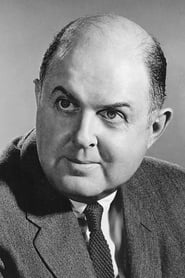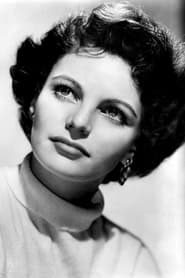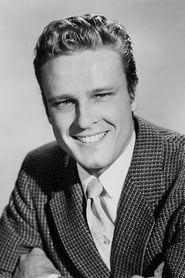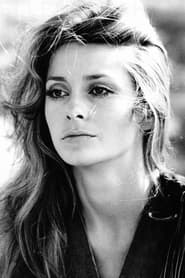"The United States Steel Hour" stands as a testament to the golden age of television, a time when anthology series were at the forefront of innovative storytelling. This groundbreaking show, which ran for a decade from 1953 to 1963, was instrumental in bringing hour-long dramas into the living rooms of Americans. Each week, viewers were treated to a new, standalone story, often adapted from successful Broadway plays or written exclusively for the series by some of the most talented writers of the era. The dramas were diverse in subject matter, ranging from heartwarming family tales to tense thrillers, ensuring that there was something for everyone. The series was not just a platform for established writers and actors, but it also served as a launching pad for many burgeoning talents who would go on to become household names.
Long before the days of streaming services and on-demand entertainment, "The United States Steel Hour" was a beacon of high-quality television, thanks in large part to its forward-thinking sponsor, the United States Steel Corporation. The corporation's involvement in the series was evident in its name, and their support allowed for the production of sophisticated and thought-provoking content. This corporate sponsorship was a common model during the 1950s and 1960s, providing the necessary financial backing for ambitious television projects. The relationship between the steel giant and the anthology series was symbiotic, with the corporation gaining positive public exposure while contributing to the cultural landscape by enabling the creation of art that might not have otherwise been possible in the burgeoning television industry.
The impact of "The United States Steel Hour" extends beyond its original broadcast. The series has left an indelible mark on the television landscape, influencing the structure and tone of modern anthologies. It set a precedent for excellence in television drama, showcasing the power of the medium to tell compelling, self-contained stories. The series also serves as a cultural time capsule, reflecting the social and political climate of the 1950s and early 1960s. By delving into the show's archives, contemporary viewers can gain insight into the values, concerns, and aesthetic sensibilities of a bygone era. "The United States Steel Hour" is not just a piece of television history; it is a treasure trove for those seeking to understand the evolution of storytelling on screen.
Main Cast of The United States Steel Hour
Secondary Cast of The United States Steel Hour
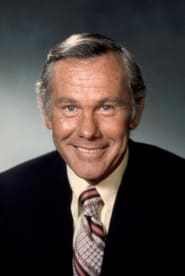
Johnny Carson
Johnny Carson was born on October 23, 1925 and passed away 20 years ago at the age of 79 on January 23, 2005.
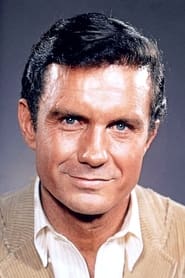
Cliff Robertson
Clifford Parker Robertson III (September 9, 1923 – September 10, 2011) was an American actor whose career in film and...
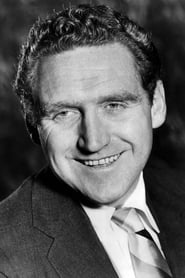
James Whitmore
From Wikipedia, the free encyclopedia James Allen Whitmore Jr. (October 1, 1921 – February 6, 2009) was an American ...

Lois Smith
Lois Arlene Smith (née Humbert; born November 3, 1930) is an American actress. She made her film debut in the 1955 dr...

Paul Newman
Paul Leonard Newman (January 26, 1925 – September 26, 2008) was an American actor, film director, entrepreneur, human...
Thomas Hatcher
John Lehne
Patricia Wheel
Lucie Lancaster
Crew of The United States Steel Hour
Discover the backstage crew of The United States Steel Hour →- Released on October 27, 1953
